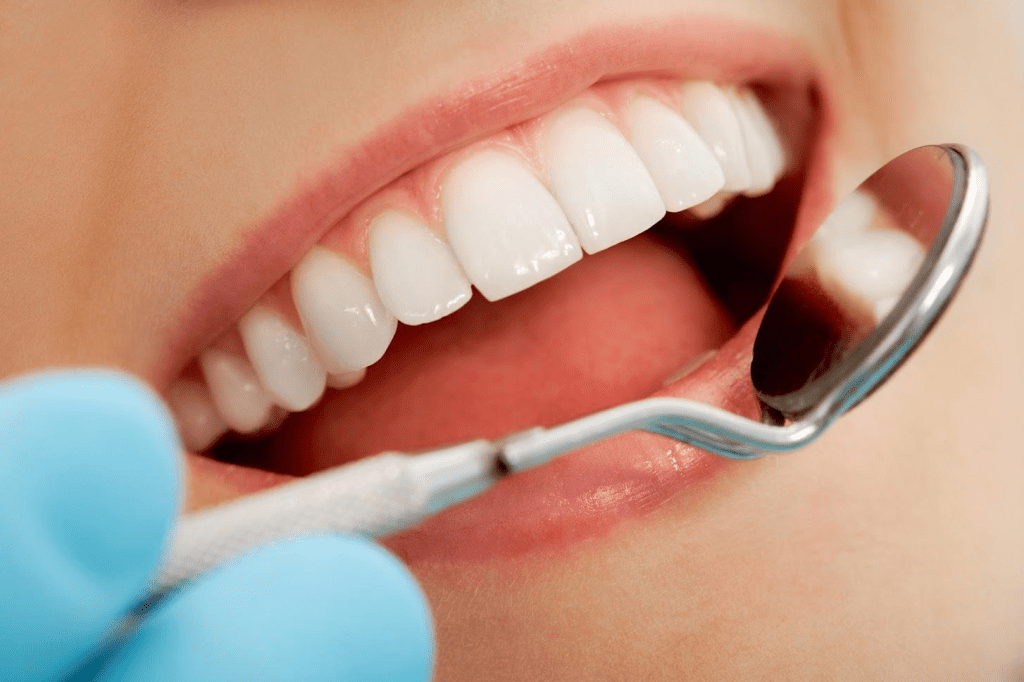Oral hygiene is a crucial part of overall health, but sometimes, well-intentioned habits can do more harm than good. If your partner brushes their teeth five times a day, you might be worried that this excessive brushing is damaging their enamel. This has led to constant arguments between you both. But how often should one really brush their teeth? Let’s break it down.
The Role of Tooth Enamel and Why It Matters

Tooth enamel is the hardest substance in the human body, acting as a protective shield for the underlying dentin and nerves in your teeth. While it’s incredibly strong, it isn’t indestructible. Enamel cannot regenerate once it’s worn away, making it essential to protect it from erosion and damage.
When enamel starts wearing down, teeth become more sensitive, prone to cavities, and may even appear more yellow due to the underlying dentin becoming visible. This is why maintaining proper oral hygiene without overdoing it is key to long-term dental health.
How Often Should You Brush Your Teeth?
According to the American Dental Association (ADA) and most dental professionals, the ideal brushing routine involves:
- Brushing twice a day (morning and night)
- Using a soft-bristled toothbrush
- Brushing for two minutes per session
- Flossing once daily to remove plaque from areas the toothbrush can’t reach
Brushing any more than this might not provide additional benefits—in fact, it could be doing the opposite by wearing down the enamel and irritating the gums.
The Dangers of Over-Brushing
Brushing five times a day may seem like a great way to keep teeth clean, but it can actually lead to serious oral health problems. Here’s why:
1. Enamel Erosion
Over-brushing—especially with excessive force or a hard-bristled toothbrush—gradually wears away enamel. This makes teeth more vulnerable to cavities, sensitivity, and staining.
2. Gum Recession
Aggressive brushing can damage the gums, causing them to recede. Gum recession exposes the roots of the teeth, increasing sensitivity and making them more prone to decay.
3. Tooth Sensitivity
As enamel thins, the protective layer between your nerves and the outside world diminishes. This leads to discomfort when eating hot, cold, or acidic foods.
4. Increased Risk of Cavities
Although it seems counterintuitive, over-brushing can actually make teeth more susceptible to cavities. Without enough enamel, the teeth lack their natural defense against bacteria and acid erosion.
Signs Your Partner May Be Over-Brushing

If your partner brushes five times a day, they may already be showing signs of enamel damage. Look for these warning signs:
✔ Increased tooth sensitivity (especially to hot, cold, or sweet foods)
✔ Yellowing or dulling of the teeth
✔ Gum recession or bleeding gums
✔ Visible grooves or thinning areas on the teeth
If any of these symptoms appear, it’s time to adjust their brushing habits before irreversible damage occurs.
Best Practices for Protecting Enamel and Oral Health
Maintaining oral health isn’t just about brushing—it’s about doing it the right way. Here’s how to ensure a clean and healthy mouth without damaging enamel:
1. Use the Right Toothbrush
- Choose a soft-bristled or electric toothbrush with pressure control to avoid excessive force.
- Replace toothbrushes every 3-4 months or sooner if the bristles fray.
2. Follow Proper Brushing Technique
- Brush gently, using small circular motions rather than aggressive back-and-forth scrubbing.
- Spend two minutes brushing, covering all surfaces of the teeth.
3. Wait Before Brushing After Eating
- After consuming acidic foods or drinks (like citrus, coffee, or soda), wait at least 30 minutes before brushing to prevent enamel erosion.
- Rinsing your mouth with water after eating can help wash away acid before brushing.
4. Don’t Forget to Floss and Use Mouthwash
- Floss once a day to remove plaque and food particles from between teeth.
- Use fluoride mouthwash to strengthen enamel and kill bacteria without the need for excessive brushing.
How to Talk to Your Partner About Over-Brushing

Arguing over brushing habits might feel frustrating, but approaching the conversation with care and understanding can help. Here’s how to address it:
✔ Be supportive, not critical. Let them know you appreciate their dedication to oral hygiene but are concerned about enamel damage.
✔ Share expert recommendations. Show them articles or advice from dental professionals emphasizing that twice-daily brushing is sufficient.
✔ Suggest a dentist visit. A professional opinion can help reinforce the importance of proper brushing habits.
Final Thoughts: Striking the Right Balance
Maintaining good oral hygiene is essential, but more brushing doesn’t always mean better results. Brushing twice a day with the right technique is the best way to protect teeth while preventing enamel erosion. If your partner insists on brushing five times a day, encourage them to adjust their routine before long-term damage occurs.
Finding a healthy balance will keep both of you smiling—without any more toothbrush-related arguments!


